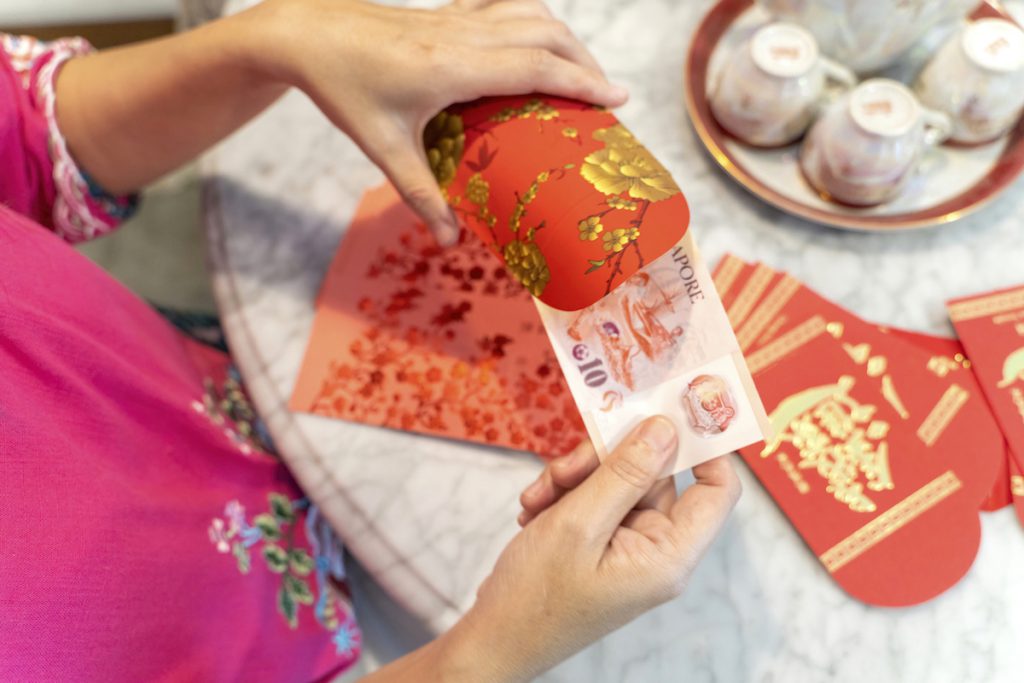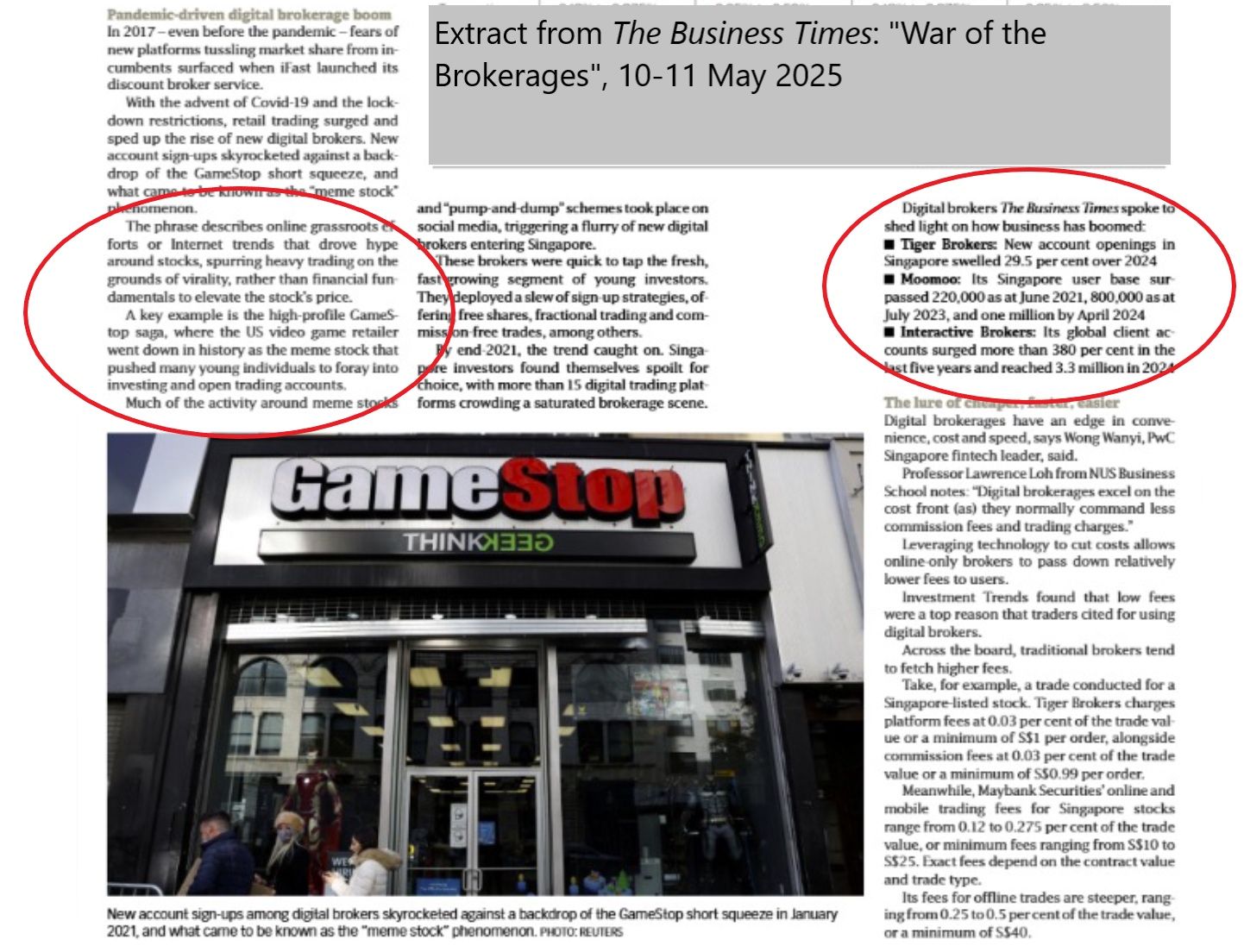Note: It was announced in November 2023 that MoneyOwl will be acquired by Temasek Trust to serve communities under a re-purposed model, and will move away from direct sale of financial products. The article is retained with original information relevant as at the date of the article only, and any mention of products or promotions is retained for reference purposes only.
______________
Usher in the Year of the Tiger by giving your child a gift that keeps growing.
Just like that, Chinese New Year is upon us again. For us adults, the festive season probably translates to a series of house visits and catching up with relatives but for the children, Chinese New Year usually means a bumper crop for their personal savings account.
While your child may be tempted to blow their ang bao money on a coveted new game or brand new clothes, consider taking this opportunity to introduce them to the concept of delayed gratification and growing their savings for the future.
As adults, we invest in order to make our money stretch that much further and to ensure we have a nest egg to rely on in our golden years. While it may seem far-fetched to think about your child’s retirement years now, perhaps a goal that is closer on the horizon could be their tertiary education or even that increasingly common gap year where young adults take time off school to travel the world. By starting early and putting their money away in a well-diversified, low-cost equity fund such as MoneyOwl’s Dimensional fund, they can be looking at an average return of 6.7% each year.
The illustration below demonstrates the amazing power of compounding over long periods of time.

Say your child gets an average of $300 every Chinese New Year. If you were to put in $3,000 (about 10 years’ worth of ang baos) today, and commit to just $100 of monthly investments, and allow the money to compound over 20 years, there is a potential gain of $34,623 – which is just about enough for local university course fees!
Still not convinced?
Here are 3 compelling reasons why you should get your child started on investing:
It teaches them the value of money
Often, the value of delayed gratification and hard work can only be appreciated when we are older and have gone through various life experiences, but that doesn’t mean such virtues cannot be inculcated from a young age. In fact, experts encourage parents to start talking to their children about money from as young as seven years old. From the importance of saving for a rainy day to learning to resist the urge to splurge, these are values that will hold your child in good stead in years to come.
READ ALSO: Why I Have Five Joint Accounts
It introduces them to risk and resilience
As your child gets older, you can get them more involved in the investment process as it’s important for them to make real decisions and take real risks. This helps to develop their self-confidence and builds their resilience in the face of setbacks. The lessons they will gain from gaining and losing money – and what to do in either scenario – will be invaluable for their adult years and teach them through practice how to become money savvy.
It’s easy to get started with MoneyOwl
MoneyOwl recently launched a joint investment account feature on our investment platform so you can start investing together with your child. Simply log on to our investment platform, create a portfolio and complete the online risk profile questionnaire. To determine the time horizon, consider when your child might want to cash in on these investment returns. From there, you’ll receive a recommended portfolio and a projected cash value based on your needs, ability and willingness to take risks. One cool feature is that you can rename the portfolio – for example, “Anna’s Gap Year Fund” or “Tom’s university fund” so it gives your child a sense of ownership over their fund.
Starting a joint investment account is also practical for several other reasons, with the most important being that your child’s access to the joint assets would not be frozen in the unlikely event of your demise. Having continuous and uninterrupted access to these funds could prove crucial, mitigating the impact of Singapore’s estate planning rules that state that the executor will only have access to your financial assets with a grant of probate or letter of administration -– a process that could take weeks or months.
We hope this inspires you to get started on your child’s investing journey! To find out more about MoneyOwl’s Dimensional fund, click here.




